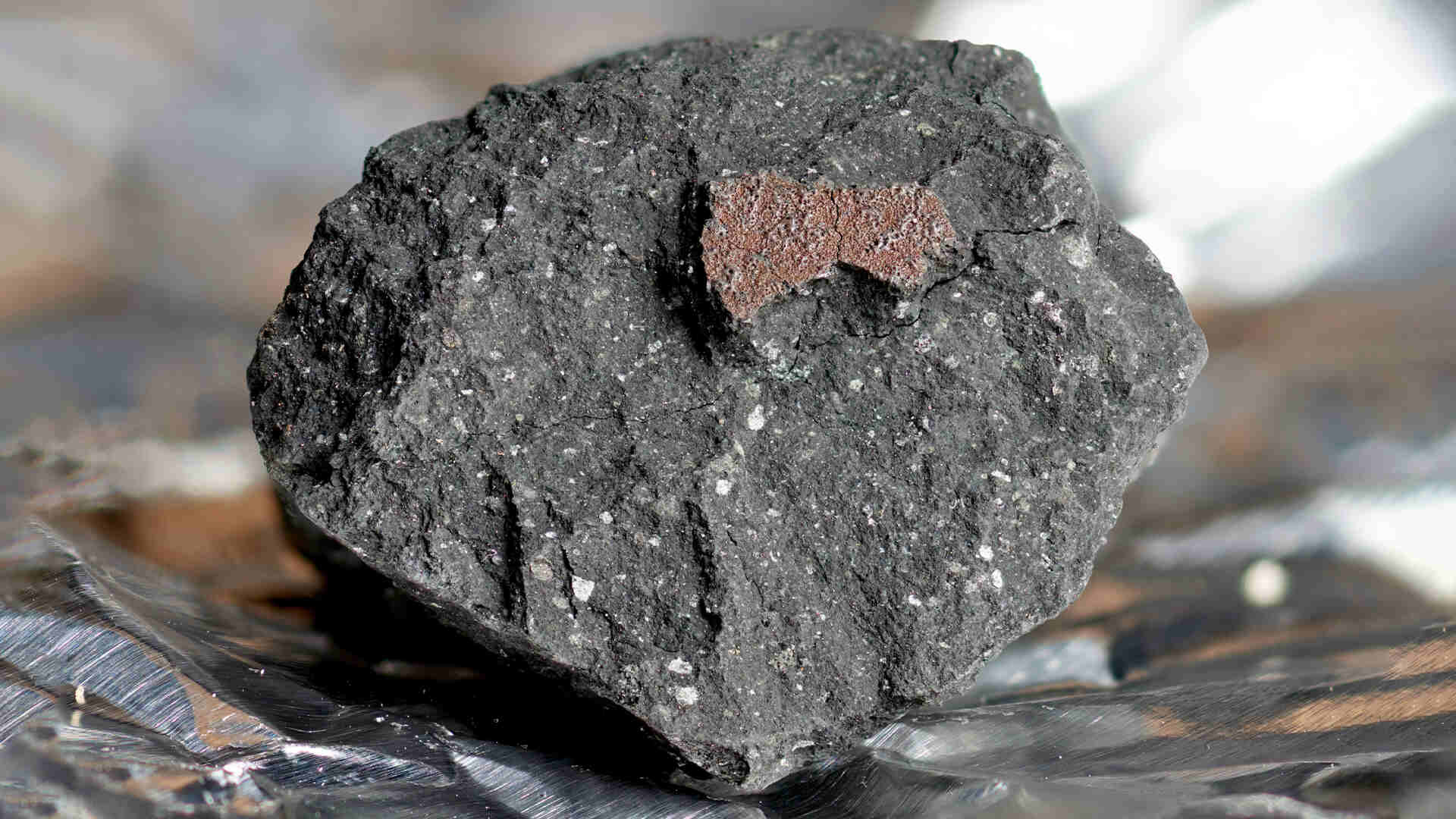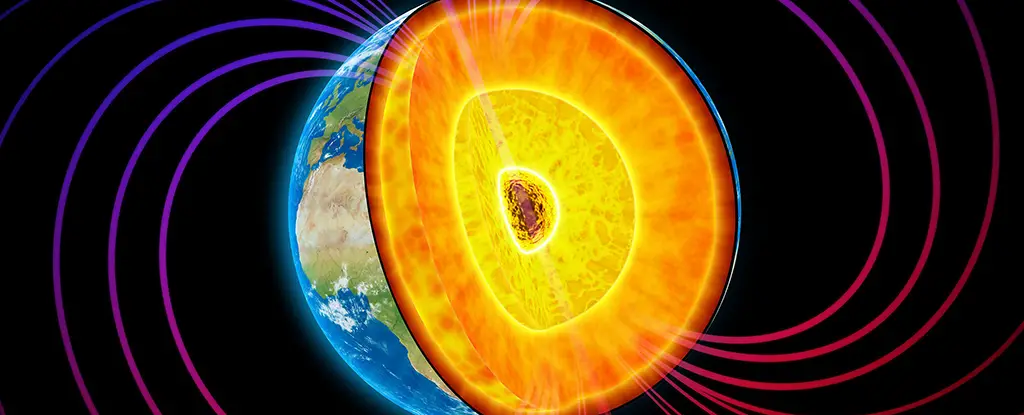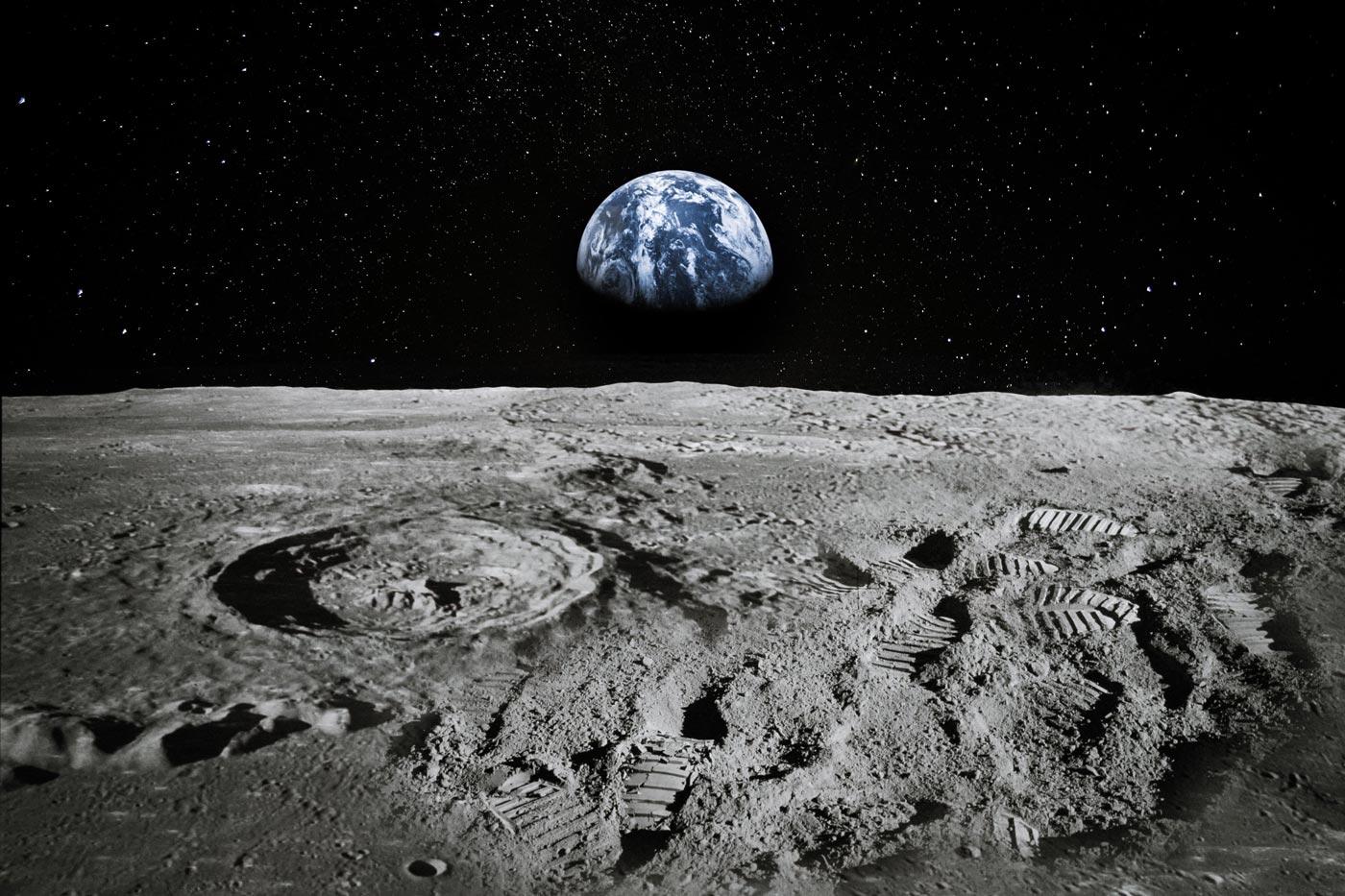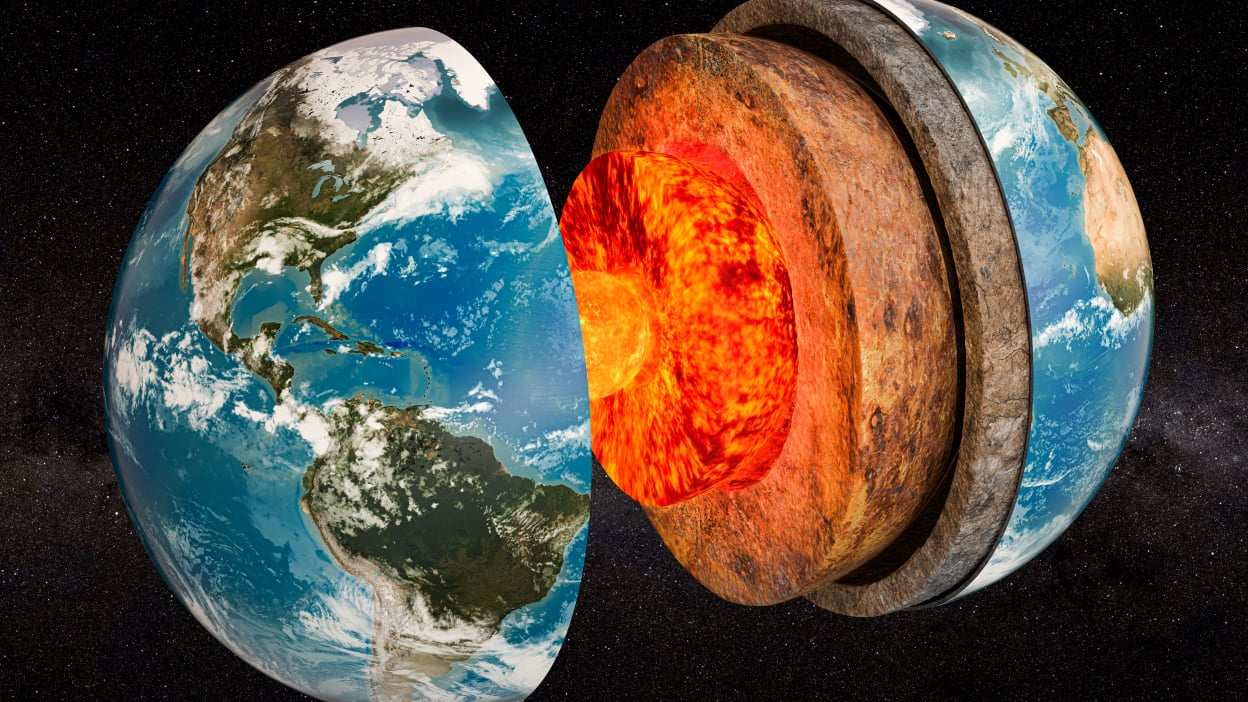A 4.6-billion-year-old meteorite contained 11% extraterrestrial water, linking asteroids to Earth’s oceans.
Key Takeaways
- A 4.6-billion-year-old meteorite crash in the UK provided evidence that Earth’s water came from asteroids.
- Scientists confirmed that the water in the Winchcombe meteorite closely matches Earth’s water composition.
- The meteorite, recovered just hours after landing, is one of the most pristine ever analyzed.
- Winchcombe also contained extraterrestrial amino acids, supporting theories about the origins of life.
- This discovery strengthens the connection between carbonaceous asteroids and the formation of Earth’s oceans.
__________
Ancient Meteorite Links Earth’s Water to Asteroids
In February 2021, a rare meteorite crashed into a driveway in Winchcombe, Gloucestershire, offering a rare glimpse into the origins of Earth’s water. The meteorite, a 4.6-billion-year-old carbonaceous chondrite, was quickly recovered, allowing scientists to study its composition with minimal contamination. Researchers from the Natural History Museum and the University of Glasgow have now confirmed that the meteorite contained extraterrestrial water and amino acids, reinforcing theories about how essential ingredients for life arrived on Earth.

A Meteorite with Clues to Earth’s Oceans
The Winchcombe meteorite is a CM carbonaceous chondrite, a rare type of space rock containing organic compounds and water. Researchers found that the meteorite contained approximately 11% extraterrestrial water by weight, primarily locked within minerals formed through chemical reactions on its parent asteroid. The hydrogen isotope ratio in this water closely matches that of Earth’s oceans, providing direct evidence that Earth’s water was delivered by asteroids from the outer solar system.
Additionally, scientists discovered extraterrestrial amino acids in the meteorite—molecules essential for life. The presence of these prebiotic compounds further supports the idea that carbonaceous asteroids contributed to the formation of life on Earth. The study was published in Science Advances, highlighting the meteorite’s exceptional preservation and significance.

A Journey from Jupiter to Earth
By analyzing the meteorite’s cosmic-ray exposure age and pre-atmospheric orbit, researchers determined that it was ejected from an asteroid near Jupiter within the last million years. The Winchcombe meteorite’s rapid recovery, aided by video footage from the UK Fireball Alliance, ensured that it remained uncontaminated by Earth’s environment, making it one of the most pristine meteorites ever studied.
Dr. Luke Daly from the University of Glasgow emphasized the importance of this discovery, stating that understanding how water arrived on Earth is crucial for answering fundamental questions about the origins of life. Researchers will continue to analyze the meteorite, hoping to uncover more secrets about the formation of our solar system.
This groundbreaking discovery strengthens the connection between carbonaceous meteorites and Earth’s water, supporting the theory that volatile-rich asteroids played a key role in forming the planet’s oceans. The Winchcombe meteorite offers a rare window into the early solar system, bringing scientists closer to unraveling the mystery of how life began on Earth.





lb9hkUpr9El